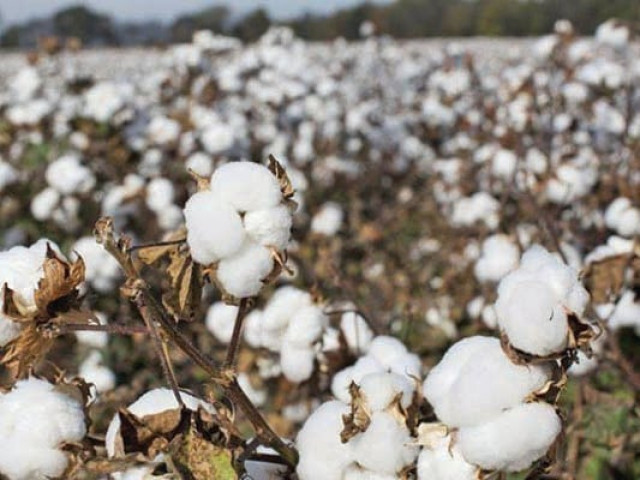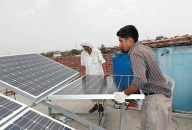Cotton production drops 34% in FY21
Govt’s negligence towards major cash crop has heavily affected country’s economy

The cotton production in Pakistan has plunged 34% to 5.57 million bales (of 155 kg per bale) in the current fiscal year 2020-21 compared to the same period of last year. This output was in line with the full-year production estimated at a four-decade low in the ongoing year.
The governments’ continuous negligence towards the major cash crop for several years and climate change has heavily affected the domestic economy. The situation led the textile sector (yarn manufacturers) to import cotton worth around $2 billion in this fiscal year.
The production is set to drop to a historic low during the year when demand for the commodity is up by 13% with the textile sector operating at full capacity after several years. Textiles attract 60% of the total annual export earnings of Pakistan.
“The prospects of higher cotton production were slim from the outset (Kharif/summer season FY21), given that the area dedicated to the crop, recorded at 2.2 million hectares (a 39-year low), is the lowest since FY82,” the State Bank of Pakistan (SBP) said in its latest quarterly report on the state of Pakistan’s economy published in January 2021.
Farmers sowed cotton seeds at 3.2 million hectares in fiscal year 2005, according to the bank. The country produced 13.68 million bales (of 155 kg per bale) in FY05, it was learnt. Pakistan Cotton Ginners Association reported on Wednesday that cotton production was recorded at 5.57 million bales in current fiscal year till January 31, 2021, compared to 8.48 million bales in the same period last year.
“Cotton production is now expected at 4.7 million bales of 480 pounds each (or 6.5 million bales of 155 kg per bale), down 24% during the marketing year (Aug-Jul) 2020-21 from last year’s production level. This production level matches the marketing year 1984-85 production, which Pakistan achieved 35 years ago with old production technology,” the global agriculture network US Agriculture Department (USAD) said in a report issued in December 2020.
The central bank, however, estimated cotton production at just three-year low at 8.44 million bales of 170kg per each bale (or 9.2 million bales of 155kg per bale) in FY21.
USAD does not agree with the local estimates and anticipated the commodity production at a 35-year low level in the report.
“On October 2, 2020, the Cotton Crop Assessment Committee (CCAC) assessed cotton production at 8.6 million 170 kg bales (6.7 million 480 lb bales), but there is a strong industry consensus that the final production estimate will be much lower given the pace of arrivals recorded by the Pakistan Cotton Ginners Association (PCGA).
In its report issued on November 15, the PCGA showed arrivals at 4.03 million bales of 155 kg (equivalent to 2.9 million bales of 480 lb), down 41% from the same period of last year.
Pakistan’s cotton production is anticipated to decline to a multi-year low due to “a 10% decrease in the planted area, crop damage from heavy monsoon rains, and severe pest infestation,” it said.
The shortfall in domestic supplies will be bridged through imports, with cotton imports forecast recorded at 4.9 million of 480 lb bales, which is slightly higher than the local production of 4.7 million bales during the year.
“The government’s better management of Covid-19 generally allowed businesses to operate. Marketing year 2020/21 cotton consumption is expected to increase 13% against the last year due to the ongoing brisk pace,” it said.
“Despite lower cotton production, Pakistan’s textile sector is back at full capacity and appears to be on track to achieve higher exports in the long run,” it said.
The central bank said while heavy rains played an outsized role in depressing the cotton yields during Kharif FY21, the yields have been erratic over the past decade on the whole.
“This can primarily be traced to the gaps in cotton seed quality, which leave the crop susceptible to weather-induced damages and attacks by pests like the pink bollworm and whitefly. Thus, research and development of high-yielding varieties of cottonseed, along with improved availability of certified cotton seeds, needs attention.”
Published in The Express Tribune, February 4th, 2021.
Like Business on Facebook, follow @TribuneBiz on Twitter to stay informed and join in the conversation.



















COMMENTS
Comments are moderated and generally will be posted if they are on-topic and not abusive.
For more information, please see our Comments FAQ